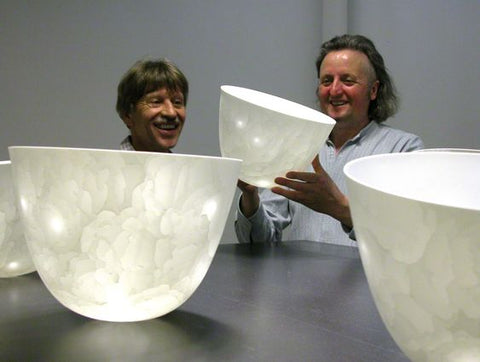Porcelain is a high-fired ceramic known for its strength, translucence, and aesthetic appeal. One key aspect of porcelain that influences its quality and usability is its density.
What is Porcelain Density?
Density is defined as mass per unit volume. In the case of porcelain, a higher density usually indicates a more durable and less porous material. This makes porcelain ideal for various applications, from fine dinnerware to decorative vases.
Factors Influencing Porcelain Density
-
Firing Temperature: The higher the temperature during firing, the denser the porcelain. Typically, porcelain is fired at temperatures ranging from 1,200 to 1,400 degrees Celsius.
-
Material Composition: The specific materials used in the porcelain mixture—like kaolin, feldspar, and quartz—can affect its density. For instance, the addition of certain minerals can lead to variations in density and strength.
-
Water Absorption: The density of porcelain also correlates with its porosity. Lower porosity means less water absorption, which generally leads to higher density.
Why Does Density Matter?
Understanding porcelain density is crucial for both manufacturers and consumers.
-
For Manufacturers: High-density porcelain is often preferred for items that require durability, such as tableware or tiles. This ensures that the products can withstand daily use without chipping or breaking.
-
For Consumers: When purchasing porcelain items, density can inform choices. Higher density typically means better quality and longevity, making it a worthwhile investment.
Examples from Jingdezhen Porcelain
Jingdezhen, known as the "Porcelain Capital" of China, produces a wide range of porcelain products, including vases. For instance, the density of a beautifully crafted Jingdezhen porcelain vase not only enhances its visual appeal but also ensures it stands the test of time.
By focusing on the density in the production of their vases, Jingdezhen Porcelain has maintained a reputation for excellence. Consumers can find vases with varying densities, allowing them to choose based on their preferences for durability and aesthetic appeal.
Conclusion
The density of porcelain plays a vital role in its quality and suitability for various uses. Whether you’re a manufacturer or a consumer, understanding this property can enhance your appreciation and selection of porcelain products.



